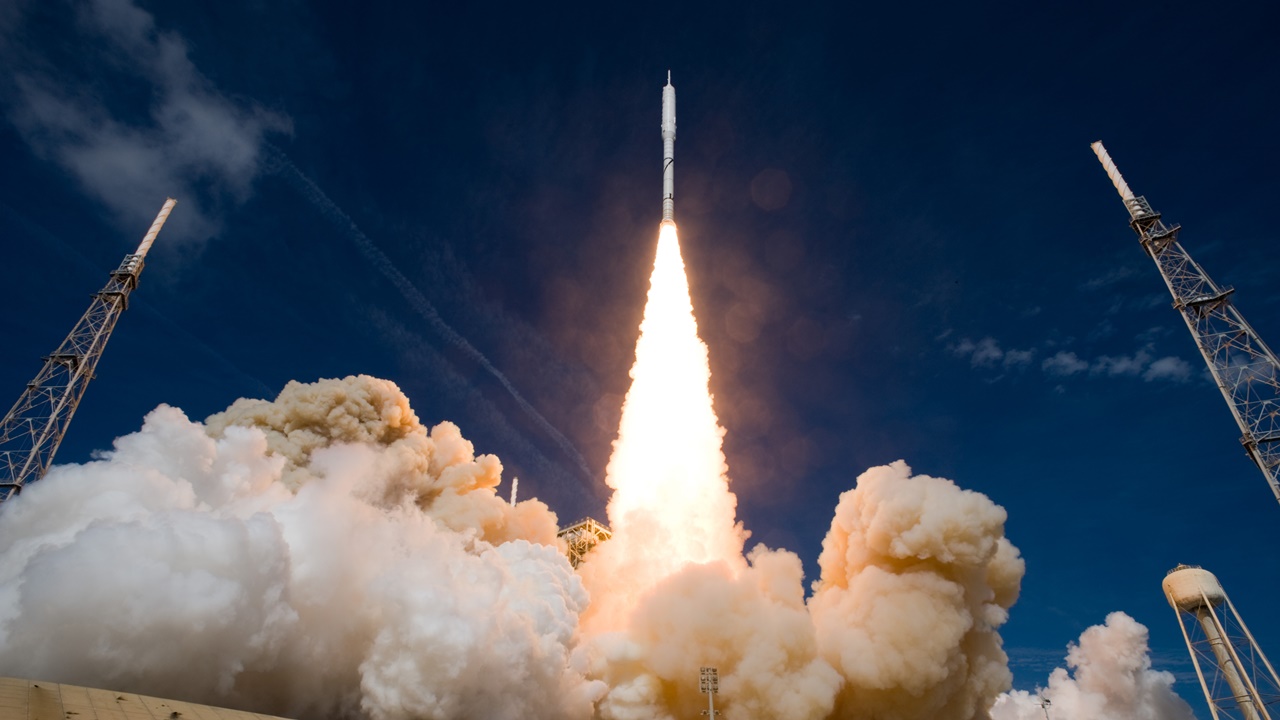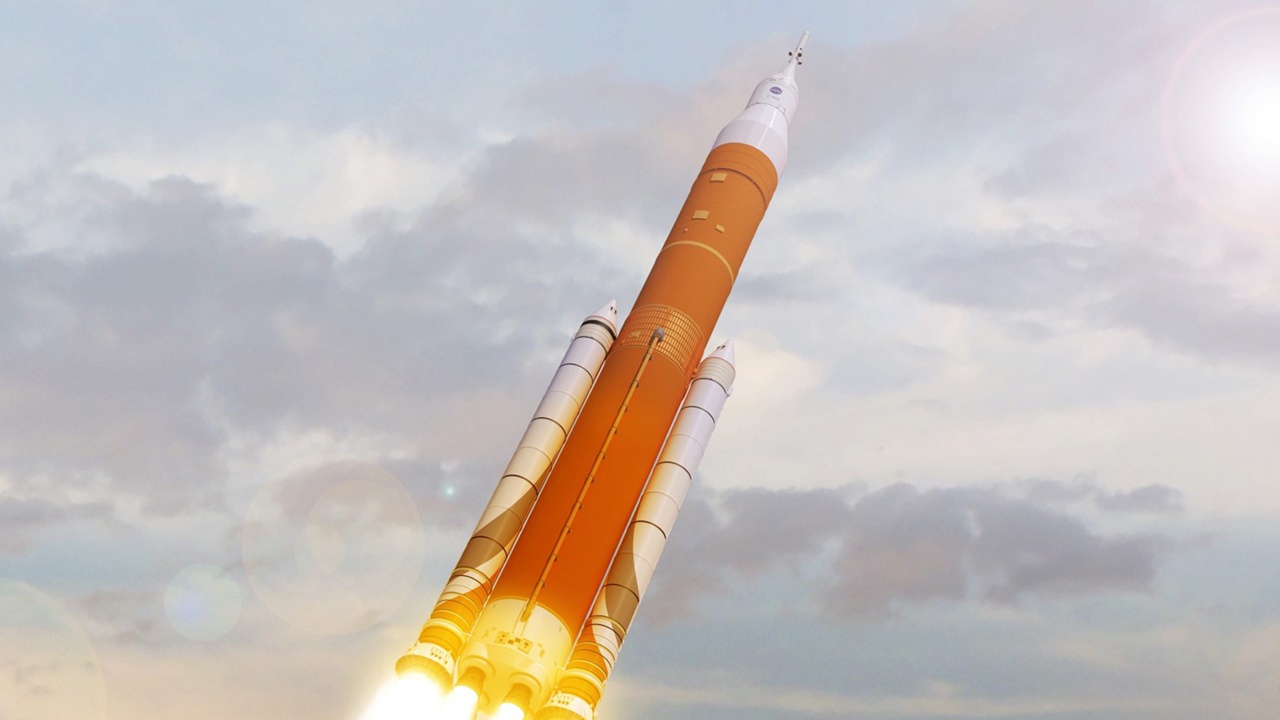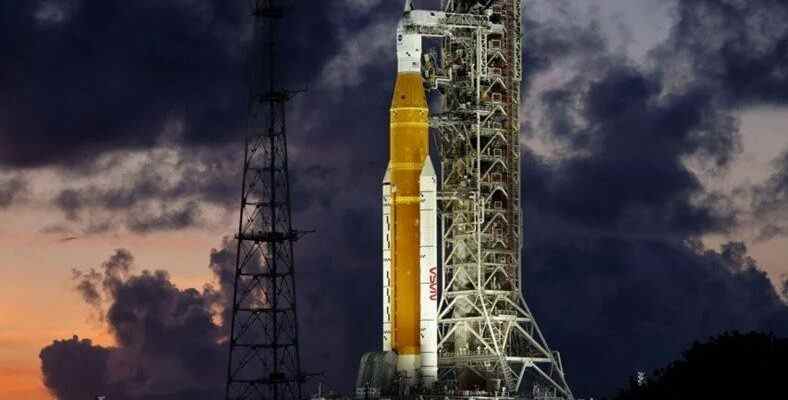Scientists working at NASA state that suitable weather conditions must occur before sending a vehicle into space. In fact, today NASA had to cancel the first of the Artemis mission, where it planned to set foot on the moon once again. Those concerned attribute this cancellation to weather conditions. So let’s see what weather conditions are suitable for launching rockets.
Launching a rocket into space is an attempt that has come true as a result of the long work of scientists. But to send a vehicle into space man-made calculations may not always be sufficient.
Since nature has its own rules, the account at home does not always fit the market. Therefore, a If you want to launch a rocket these rules must also be taken into account. So, what exactly do the laws of nature tell us about this issue?
Adverse weather conditions are always an obstacle to launch rockets.
Approximately one-third of space shuttle launches delayed due to bad weather at Cape Canaveral (the spacecraft launch site at Kennedy Space Center, Florida), threatened by lightning is said to be connected. Also working here, Travis Longmire of the US Air Force 45th Squadron sheds light on the subject. “With 30 minutes to stormy weather, we certainly can’t launch rockets from within 10 miles into the air.” says.
As lightning can jump great distances, as soon as it hits the launched rocket All of the rocket’s guidance systems are disabled. staying. Thus, a rocket intended to be launched into space can fall into any settlement where people live due to this mishap. Which is the last thing experts want.

A cloudy, rainy and thunderous weather is definitely not suitable for this process. Even strong winds are a big problem. That’s because most rockets are built to launch with winds blowing, usually less than 40 knots (a unit of speed equal to 1 nautical mile per hour). The reason is more of strong windsis that it has been determined that it will deviate the rocket from its course and toss it from place to place.
Another problem; rocket passing through thick clouds in the air to be struck by lightning Why not. The fuel tanks of the spacecraft generate enough energy to attract lightning as the vehicle passes through the clouds. Therefore, if lightning strikes the rocket is not desired, it should definitely not be launched through large clouds.
In addition, a problem due to weather conditions during refueling (transferring fuel from one vehicle to another in the air) may also cause the launch to be delayed. Because the fuel transfer process cannot be completed in adverse weather conditions. Postponement of Artemis maybe due to such a reason or other reasons mentioned above.
So under what conditions can a rocket be launched?

Open air always suitable for rocket launch. Because clear weather means in an unexpected situation that can happen shortly after takeoff. launch was canceled Otherwise, it means a return. In other words, it is necessary to observe the emergency landing conditions while launching a rocket.

Artemis1′
Because the weather is never 100% predictable NASA officials They also found a solution for this themselves. The solution is that if any danger arises for the launch process, the weatherman gives them an instant report. Thus, they can postpone the mission according to this report on days when it is unclear whether the weather will be open or closed.
Sources: Live Science, The Guardian, Space
RELATED NEWS
We Couldn’t Return to the Moon: First Launch Delayed in Artemis Missions to Bring Humanity to the Moon [Güncelleme]
RELATED NEWS
